Doirin Graham is manager of Clare Local Development Company (CLDC) and she and her staff are at the coal face of local development and social inclusion in the county. As such, they can spot emerging trends very quickly. One of the impacts of COVID-19 they have already spotted is around mental health.
“The ongoing stress of the pandemic has had a cumulative impact on people’s mental health. Six months ago when COVID-19 hit we had the summer and longer days to look forward too. Now we are heading into autumn and shorter days and this will have an impact on people,” says Doirin.
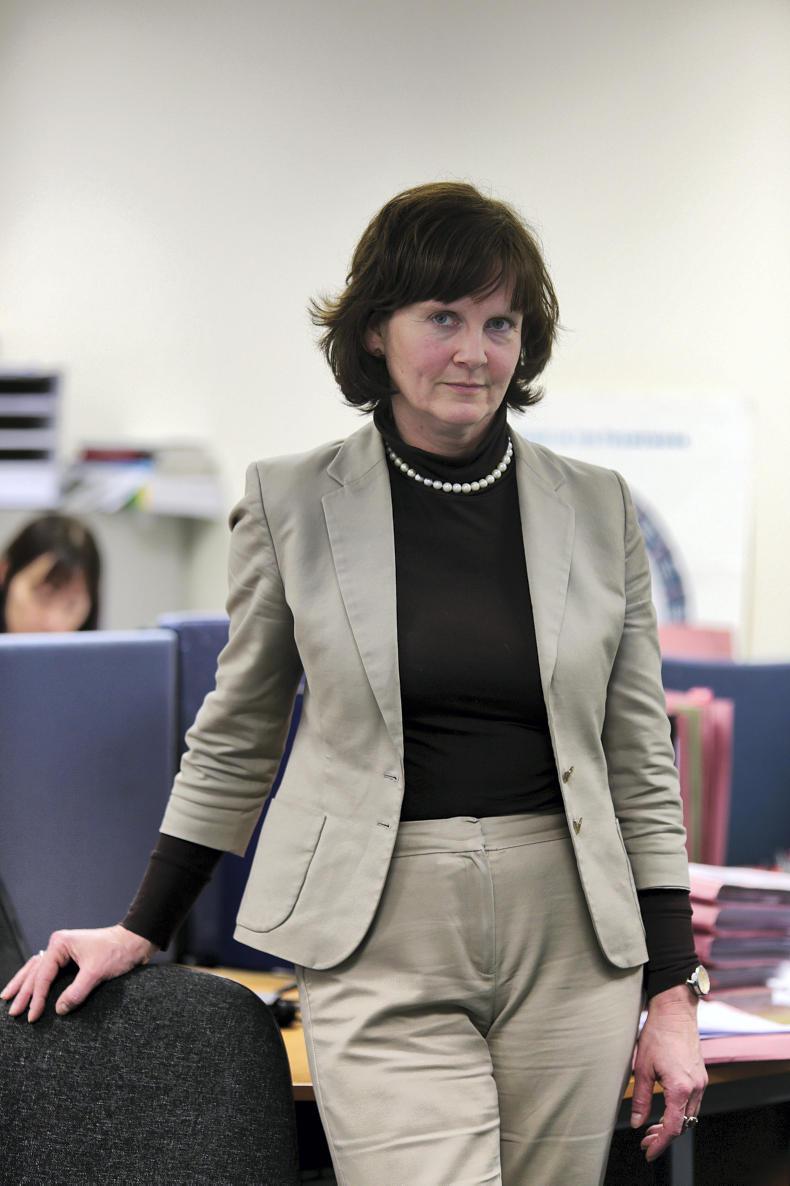
Doirin is chief executive of Clare Local Development Company. \ Valerie O’Sullivan
“We can already see the increasing mental health impact on people who are living alone or are unemployed, on young people and those who are not firmly rooted in the community. We are seeing more demand for counselling supports and this demand will only increase.”
Looking on the bright side
If Doirin Graham has any positives regarding the onset of COVID-19 it would be the community response that rose to the surface virtually immediately after the initial press conference by Leo Varadkar, who was then Taoiseach.
“The community response in Co Clare was just astonishing. 
The speed of response and the practical nature of that response was hugely impressive. The State depended on the voluntary sector and a solid community response to get to the areas it couldn’t and the community sector showed great leadership in rising to the challenge.”
COVID-19 showed how effective grassroots community/voluntary people really are. They filled a big gap in the overall response to the virus. Community and voluntary organisations in Clare came together very quickly to establish the needs on the ground and how they could be responded to safely. Volunteers from every corner of the county came forward and they were garda vetted and advised on how to assist people in a safe and practical way.”
Doirin says there was a huge focus on people who were vulnerable and isolated in rural areas and they were supported with information, shopping and reassurance. They knew someone was there to support them.
CLDC established a food bank in Ennis for struggling families who found it hard to manage their bi-weekly social welfare payments. Families who just hadn’t enough money for food at the end of the two weeks. “We identified those at risk and supplied them with food and hygiene packs every week,” says Doirin.
There was a lot done by local organisations to support families all over Co Clare and in helping the homeless who, with the closure of cafes had nowhere to get a hot meal. A community-based meals on wheels service expanded in the lockdown to reach more of those who were in need, especially the elderly.
Doirin wants to see more resources directed at the community and voluntary sector. “All through COVID-19 it showed it was more than capable of collaborating effectively and meeting real needs in a practical way. The vital work of this sector needs to be given greater acknowledgement by Government bodies.”
Economic impact of COVID-19
Tourism is a serious contributor to the economy of Co Clare. There are the big attractions such as the Cliffs of Moher and the holiday resorts of Lahinch and Kilkee but there are also plenty of rural B&Bs and small businesses. All have suffered and with such a short season, Doirin fears they won’t have enough to sustain themselves over winter.
Then there’s the young people who depend on their income from tourism to pay their way through college. It’s not there either. Co Clare is noted for its music and it draws tens of thousands of people to the county over the summer. This has been a huge loss to locals and visitors alike.
Shannon Airport is an essential part of the integrated infrastructure of the mid-west region. Any doubt about connectivity would be devastating for tourism and business in the region. “I believe we need more political pressure to keep the airport up to par. Once something is gone it is very hard to get it back.”
While the economic impact of COVID-19 will have a short to medium duration, Doirin thinks the potential of technology to allow remote working can be transformative, especially in rural areas. 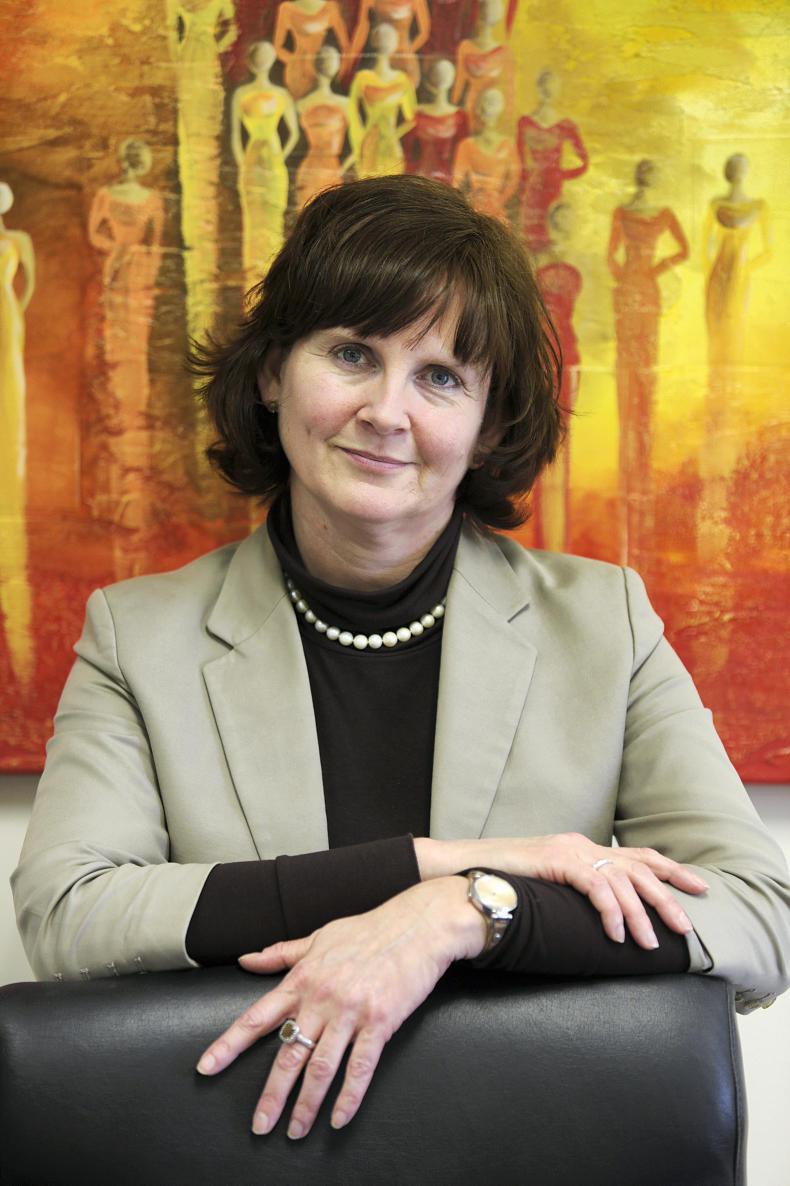
“Work patterns will not go back to the way they were. We will have learned how to work differently. There will be a lot less driving, reducing our carbon footprint. Zoom and its equivalents will come to the fore for meetings. Because of all the time wasted going to meetings we will use our work time more effectively. This will create a better work, life and family balance.
“Here in Clare we already have evidence of this happening. The community and County Council digital hubs are booked out. What we need and need quickly is quality broadband out in rural communities so we can establish more remote working facilities. I can’t stress how urgent this is.”
As an organisation Clare Local Development Company has most of its staff working from home. “When COVID-19 is over we will certainly be looking at how we can be more flexible regarding staff and where they work.
Doirin has been working from home since COVID-19 arrived. “I am amazed at how little paper I need in a pared-back office. I can see how I could simplify how I work.
“I’m lucky to have a strong connection to those I work with as well as support from family and friends. Indeed I saw more of my neighbours than ever during lockdown as people made a real effort to keep in touch albeit from a social distance. It helped that the weather was great during the full lock down. It just made everything so much easier.”
Doirin Graham is manager of Clare Local Development Company (CLDC) and she and her staff are at the coal face of local development and social inclusion in the county. As such, they can spot emerging trends very quickly. One of the impacts of COVID-19 they have already spotted is around mental health.
“The ongoing stress of the pandemic has had a cumulative impact on people’s mental health. Six months ago when COVID-19 hit we had the summer and longer days to look forward too. Now we are heading into autumn and shorter days and this will have an impact on people,” says Doirin.

Doirin is chief executive of Clare Local Development Company. \ Valerie O’Sullivan
“We can already see the increasing mental health impact on people who are living alone or are unemployed, on young people and those who are not firmly rooted in the community. We are seeing more demand for counselling supports and this demand will only increase.”
Looking on the bright side
If Doirin Graham has any positives regarding the onset of COVID-19 it would be the community response that rose to the surface virtually immediately after the initial press conference by Leo Varadkar, who was then Taoiseach.
“The community response in Co Clare was just astonishing. 
The speed of response and the practical nature of that response was hugely impressive. The State depended on the voluntary sector and a solid community response to get to the areas it couldn’t and the community sector showed great leadership in rising to the challenge.”
COVID-19 showed how effective grassroots community/voluntary people really are. They filled a big gap in the overall response to the virus. Community and voluntary organisations in Clare came together very quickly to establish the needs on the ground and how they could be responded to safely. Volunteers from every corner of the county came forward and they were garda vetted and advised on how to assist people in a safe and practical way.”
Doirin says there was a huge focus on people who were vulnerable and isolated in rural areas and they were supported with information, shopping and reassurance. They knew someone was there to support them.
CLDC established a food bank in Ennis for struggling families who found it hard to manage their bi-weekly social welfare payments. Families who just hadn’t enough money for food at the end of the two weeks. “We identified those at risk and supplied them with food and hygiene packs every week,” says Doirin.
There was a lot done by local organisations to support families all over Co Clare and in helping the homeless who, with the closure of cafes had nowhere to get a hot meal. A community-based meals on wheels service expanded in the lockdown to reach more of those who were in need, especially the elderly.
Doirin wants to see more resources directed at the community and voluntary sector. “All through COVID-19 it showed it was more than capable of collaborating effectively and meeting real needs in a practical way. The vital work of this sector needs to be given greater acknowledgement by Government bodies.”
Economic impact of COVID-19
Tourism is a serious contributor to the economy of Co Clare. There are the big attractions such as the Cliffs of Moher and the holiday resorts of Lahinch and Kilkee but there are also plenty of rural B&Bs and small businesses. All have suffered and with such a short season, Doirin fears they won’t have enough to sustain themselves over winter.
Then there’s the young people who depend on their income from tourism to pay their way through college. It’s not there either. Co Clare is noted for its music and it draws tens of thousands of people to the county over the summer. This has been a huge loss to locals and visitors alike.
Shannon Airport is an essential part of the integrated infrastructure of the mid-west region. Any doubt about connectivity would be devastating for tourism and business in the region. “I believe we need more political pressure to keep the airport up to par. Once something is gone it is very hard to get it back.”
While the economic impact of COVID-19 will have a short to medium duration, Doirin thinks the potential of technology to allow remote working can be transformative, especially in rural areas. 
“Work patterns will not go back to the way they were. We will have learned how to work differently. There will be a lot less driving, reducing our carbon footprint. Zoom and its equivalents will come to the fore for meetings. Because of all the time wasted going to meetings we will use our work time more effectively. This will create a better work, life and family balance.
“Here in Clare we already have evidence of this happening. The community and County Council digital hubs are booked out. What we need and need quickly is quality broadband out in rural communities so we can establish more remote working facilities. I can’t stress how urgent this is.”
As an organisation Clare Local Development Company has most of its staff working from home. “When COVID-19 is over we will certainly be looking at how we can be more flexible regarding staff and where they work.
Doirin has been working from home since COVID-19 arrived. “I am amazed at how little paper I need in a pared-back office. I can see how I could simplify how I work.
“I’m lucky to have a strong connection to those I work with as well as support from family and friends. Indeed I saw more of my neighbours than ever during lockdown as people made a real effort to keep in touch albeit from a social distance. It helped that the weather was great during the full lock down. It just made everything so much easier.”







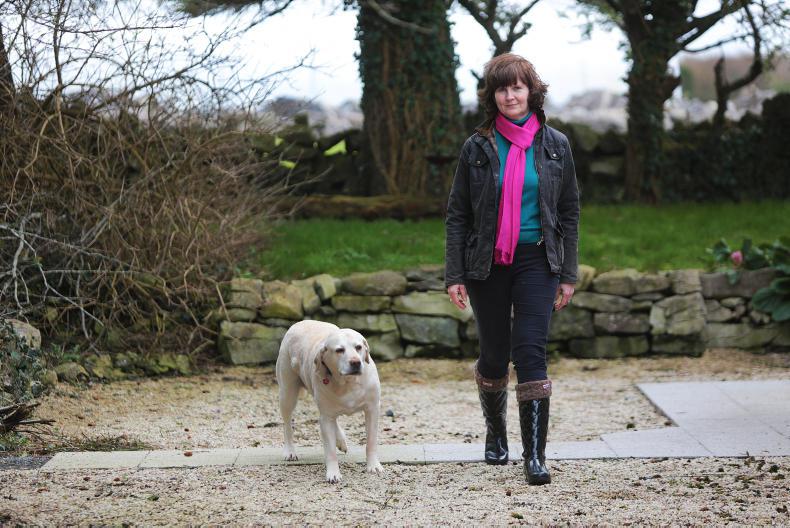
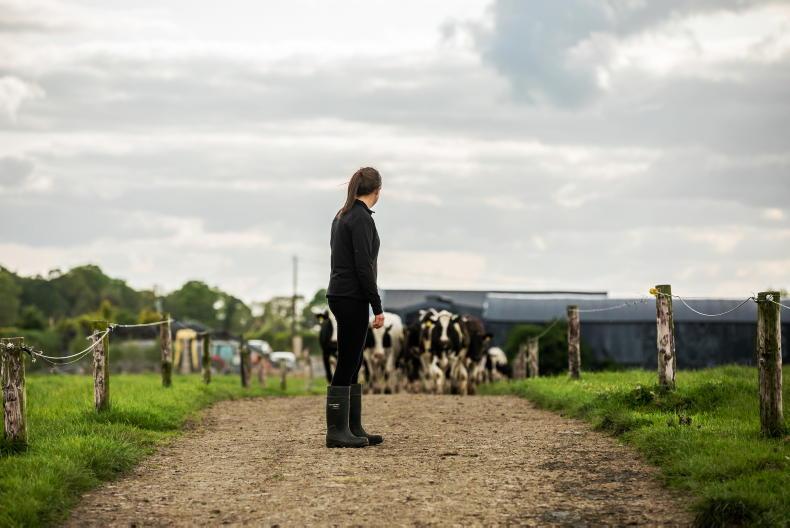
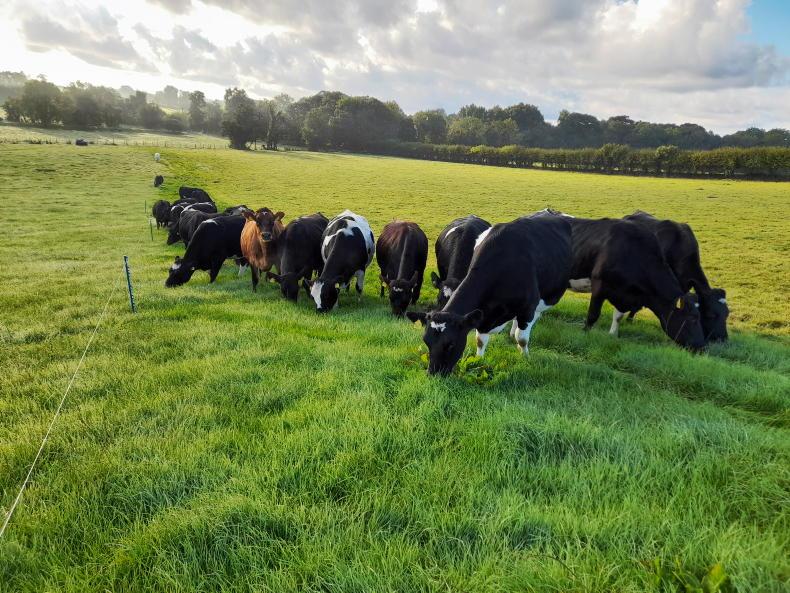
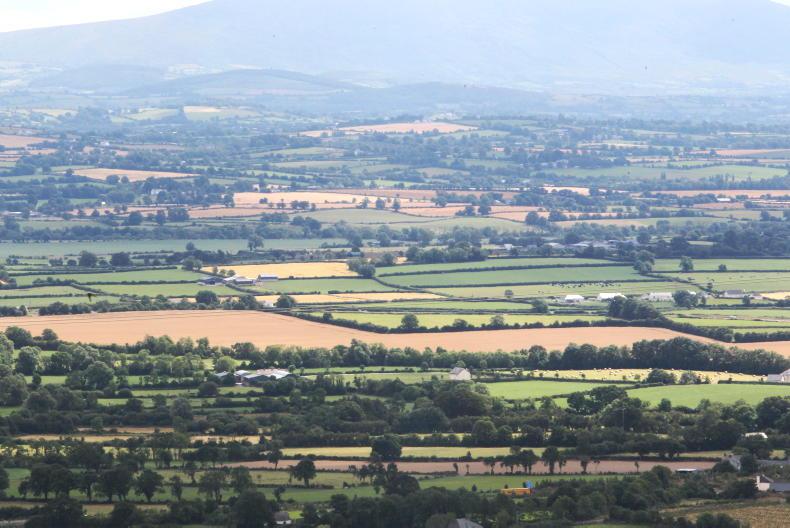
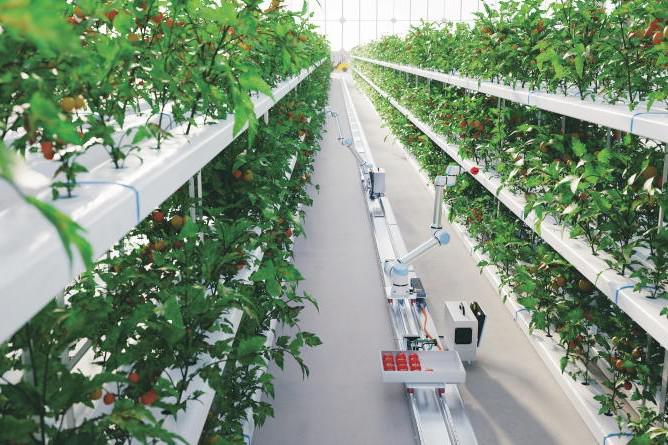
SHARING OPTIONS